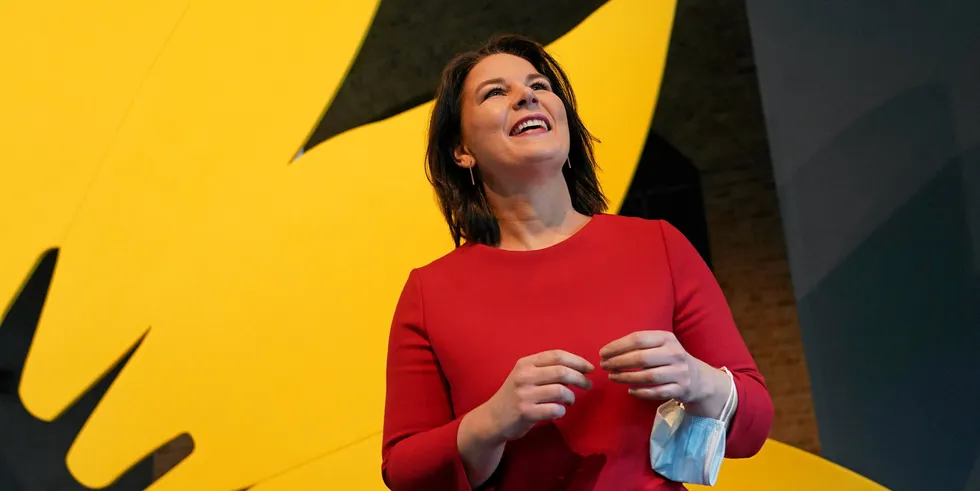'A little bit of climate action won't work': Germany's bullish Greens name first ever candidate for Chancellor
Party nominates Annalena Baerbock as opinion polls suggest narrowing race with ruling conservatives from Angela Merkel's CDU/CSU

Party nominates Annalena Baerbock as opinion polls suggest narrowing race with ruling conservatives from Angela Merkel's CDU/CSU
